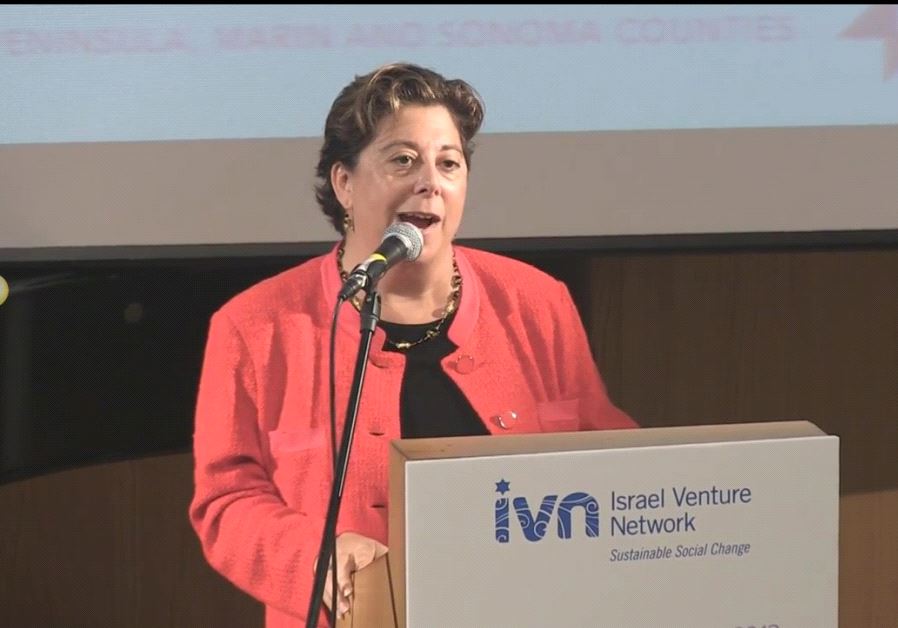Conservative National-Religious org. attacks liberal groups over funding
“We are saying ‘enough’ to the whitewashing of the NIF amongst the National-Religious community,” said Amital Bareli, director of Chotam.
 Jennifer Gorovitz, VP of the New Israel FundUpdated:
Jennifer Gorovitz, VP of the New Israel FundUpdated: